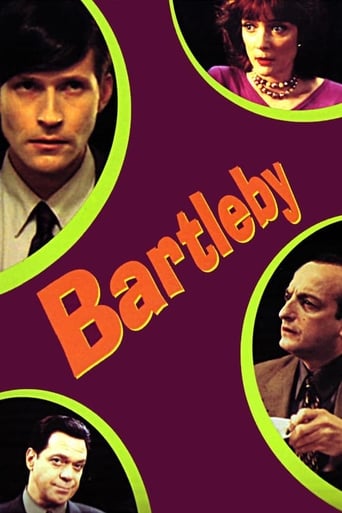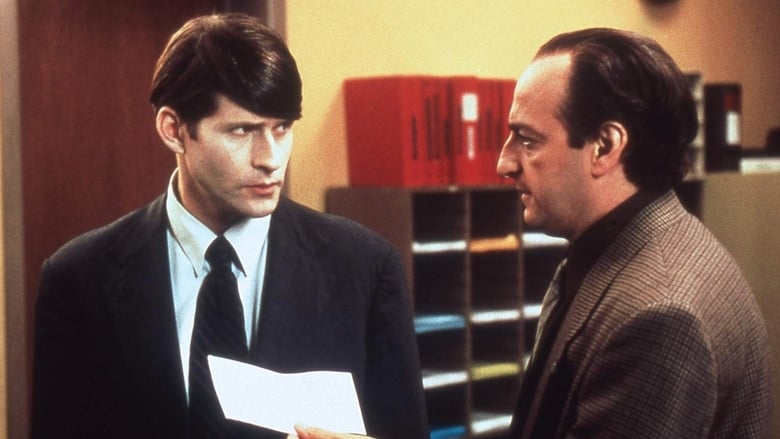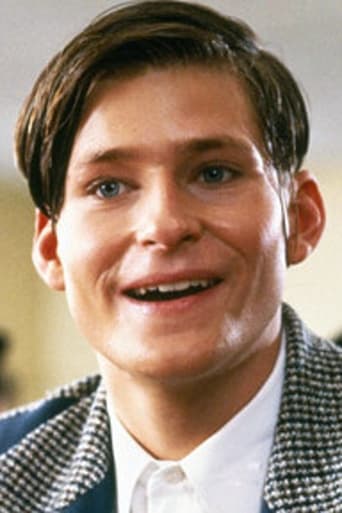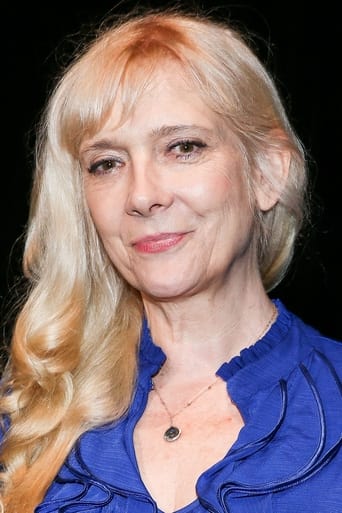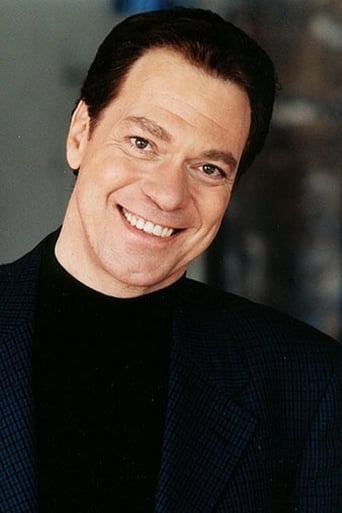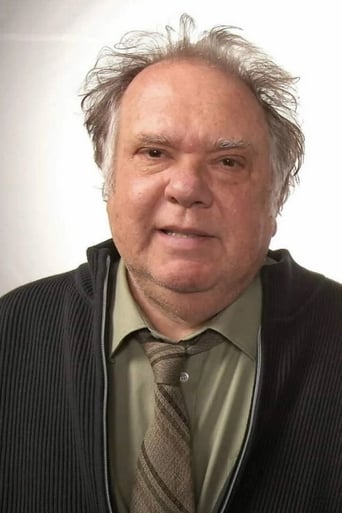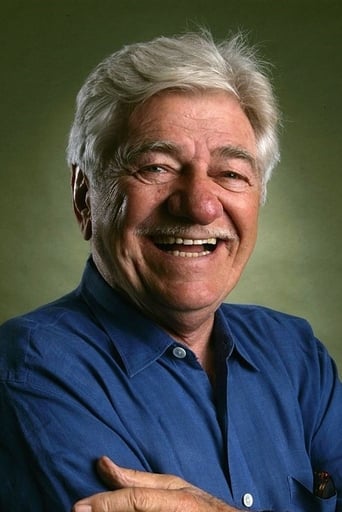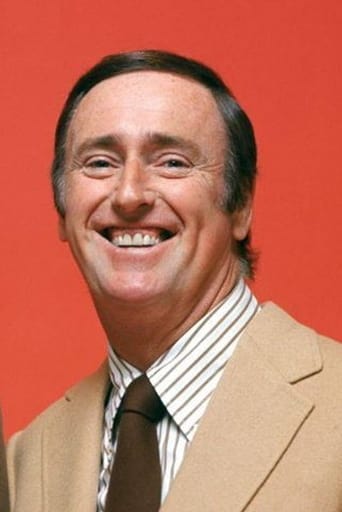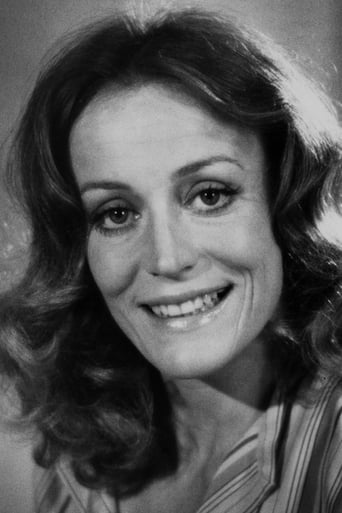An adaptation of Herman Melville's short story "Bartleby, the Scrivener" told in the setting of a modern office.


Reviews
Herman Melville was a pessimist, which should be unsurprising to anyone who has read him. Taken from his short, "Bartelby the Scrivener", this is the second of two-attempts to translate this story to film. The first was a good British-version (1972) that is much-closer to the original story, but suffers from being placed outside of its American-context. "Bartelby" is about America, and is Pre-Marxist in its criticisms of American-capitalism. What is remarkable is that it was written in the 1850s (unlikely to have been influenced by Marx in any way), when we were gradually becoming a business-run nation, and moving-away from being a purely-agricultural one. This process would commence more-fully after the Civil War, but for someone like Melville, living in New York City was the writing-on-the-wall.But what makes "Bartelby" so amazing and chilling is that it resonates so strongly today. The problems we face now, due to the distortions inherent in our economic system, are still with us.If Melville said anything in his short-story, it was this: "What will become of the Bartelbys of the world?" Not everyone fits-into this job-system, and this should be no-surprise regarding an economy of "winner-takes-all", money-Godism. Under our profit-motive economy, people are simply left-behind, and Melville challenges our indifference to the needy.This was a very small-production, so I can understand why it is almost unknown. These are often the best films.The character Bartelby is more than just a non-conformist--he represents everyone who is neglected by our culture and economy. He reminds-us of the inhumanity in our daily-lives. Melville enjoins-us to help the next Bartelby we see, and acknowledge our responsibility for the way things are. The office-boss character feels he isn't responsible for Bartelby and his "I would prefer not to" difficulties, but Melville is really saying that he IS. There is an implied collective-guilt in the story that would not be addressed adequately until the Holocaust, which helps it retain a sense of the contemporary. Melville even prefigures Kafka and the school of absurdism in his story, it is genius. This film is an expert updating of this story, and it works well! It's both funny and pitch-black in its despair regarding modern life. Crispin Glover is inspired, with the qualities of a silent-film actor (Lon Chaney, or Conrad Veidt from Caligari) in his expressiveness, and there are some great slapstick-gags. This is film-making at its best, it's what you need. You will feel vindicated.
I found this movie disturbing. Advertised as a comedy, it is no such thing. There is a lot of comedy in there, all right, but overall the themes are heavy, disturbing, even horrific. Crispin Glover's performance is flawless, and his role in the story is to pose a lot of questions that never get answered. The story revolves around the other characters' failure to figure him out. The new employee at the Public Records Office in an unnamed city starts out doing a great job, but he does less and less work as time goes on until he is spending most of his time refusing requests to perform any job tasks, or simply gazing up into the air-conditioning vent. They fire him, but he doesn't leave. It gets worse from there, believe me.
Herman Melville's short story "Bartleby the Scrivener" gets a slightly surreal update in this offbeat comedy drama. The manager (David Paymer) of the city records department in a mid-sized California community decides that his staff of three - flirty chatterbox Vivian (Glenne Headly), sloppy Vietnam vet Ernie (Maury Chaykin), and slick-suited, Don Juan wannabe Rocky (Joe Piscopo) - could use some help, so he places an ad looking for a new employee. The boss ends up hiring the one and only applicant who wants the position, a quiet, pale young man named Bartleby (Crispin Glover). At first, Bartleby is a model of efficiency, but before long he loses enthusiasm for his job, much to the annoyance of his co-workers, and soon he's spending his days staring at an air conditioning vent. The Boss asks Bartleby to get back to work, but Bartleby's repeated reply to such requests is, "I prefer not to," and the Boss sees little recourse but to fire him. However, Bartleby refuses to leave his desk, and it soon becomes obvious that Bartleby has not only stopped doing his work - he's stopped going home and has moved into the office. Bartleby was the first feature film for producer/director Parker. He also wrote the screenplay, in collaboration with Catherine Di Napoli. There is really not enough material in Melville's story to warrant a feature length film. When "Bartleby" sticks to the text of the story it is interesting and fairly funny, but Parker is forced to add a lot of filler which is simply not very good. Worth a look, but in the end, a bit weak.
This film is offbeat, so it will turn a lot of folks off right away, especially since at first glance, people think they are going to get an Office Space-type of workplace commentary. Although the movie DOES make many subtle points about the kind of buildings and office parks people are forced to work at every day, it is true to the enigmatic essence of the Melville story. There is a lot to recommend here: Paymer provides the humanity. How funny is it when he is pretending to be a record exec and shows his young galpal his different phone lines: "Hello, Mr. Rapper? How are you doing?" The secretary is very sexy. Piscopo and the other guy make a great team of mismatched co-workers. Both fit stereotypes, but remain true characters. The production look is colorful and strange.The ending is problematic in that Paymer seems to change a bit too suddenly. His speech about his book idea comes across like the filmmaker trying to sum things up a bit too neatly. So it wasn't entirely satisfying.But the world was a fun one to inhabit.
